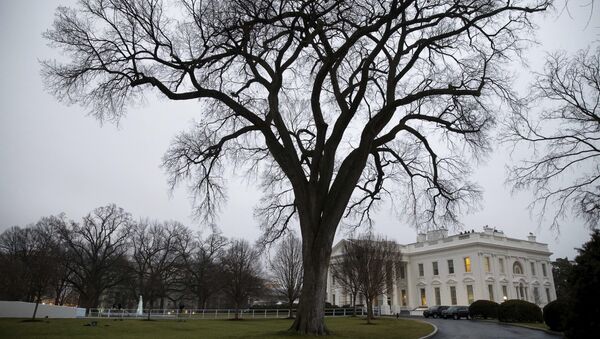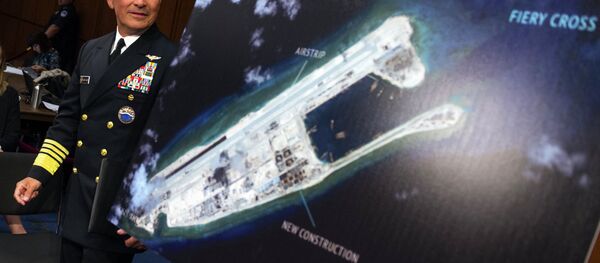"The Trump administration should work with both Russia and China where possible. Those efforts should seek to forge a trilateral understanding on contentious issues affecting strategic stability, such as nuclear and missile defense issues, twenty-first-century definitions of sovereignty and rules for armed intervention," Jacob Stokes wrote in an opinion piece for Foreign Affairs. "Trilateral discussions should also build practical cooperation in areas of mutual interest, such as climate and energy, counterterrorism, and nonproliferation."
John S. Van Oudenaren, a research assistant at the National Defense University's College of International Security Affairs, shared similar sentiments.
The analyst added that Washington will also have to convince Russia and China that it does not intend to meddle in domestic affairs of both countries.
"This, rather than tilting toward Moscow, would go a long way toward assuaging the anxiety that Russian and Chinese elites feel about the United States," he said. "If Beijing and Moscow begin to see the United States as a normal state with its own interests and goals, rather than a fading hegemon bent on ideological dominance, it would help make triangular diplomacy possible once again."
Both analysts maintained that a strategy used in the 1970s by President Richard Nixon and his National Security Advisor Henry Kissinger to improve Washington's relations with Beijing at a time of heightened tensions between China and the Soviet Union is not applicable now.
John S. Van Oudenaren singled out several reasons why driving Russia away from China is a complicated effort at the moment.
"First, the deep ideological fissures that drove the Soviet Union and China apart during the late 1950s and 1960s are nonexistent today. Furthermore, Sino-Russian geopolitical competition has lessened because Russia, unlike its Soviet predecessor, is a secondary power in Asia. As a result, there is little indication that Trump, despite his rapport with Vladimir Putin, can drive a wedge between Russia and China," he observed.
Never miss a story again — sign up to our Telegram channel and we'll keep you up to speed!



